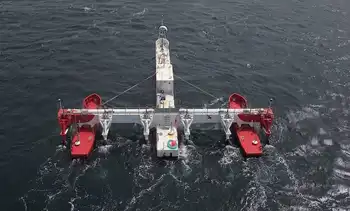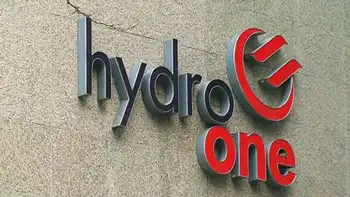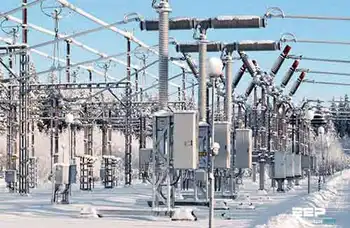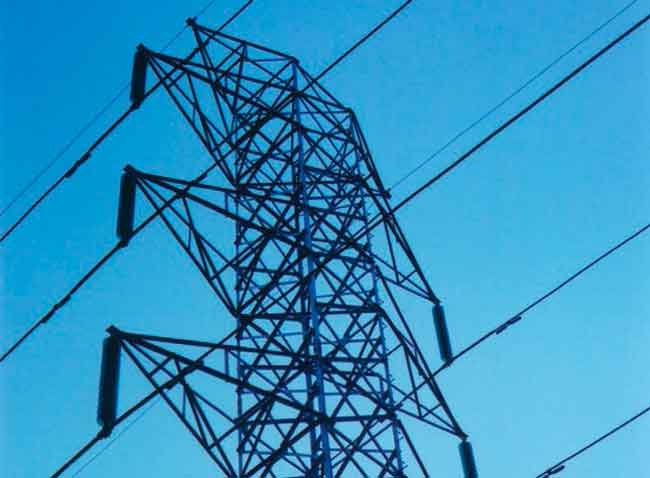Airlines look for a green advantage
By Cygnus Business Media
Protective Relay Training - Basic
Our customized live online or in‑person group training can be delivered to your staff at your location.

- Live Online
- 12 hours Instructor-led
- Group Training Available
The airlines aren’t the only ones thinking green when it comes to GSE. As owners and operators of the equipment, the ground handling companies operating in North America are bound by the same environmental regulations – compounded with the task of acquiring business in a market plagued by diminishing flight schedules. The current conditions have some of the major players thinking green to comply, reduce cost and remain competitive.
When it comes to new equipment, some ground handling companies are following the trend of electric for its cost savings opportunity and emissions compliance.
For Menzies at its West Coast locations, the switch to alternative technology has been concentrated on electric. According to Frank Dobbelsteijn, vice president of West Coast operations at Menzies Aviation, who oversees five locations, the equipment has proven a good fit for its narrow-body operations.
The company has implemented electric baggage tugs at its locations, with the most recent purchases of 11 eTugs. With the addition, Menzies now operates 30 electric tugs throughout its five locations out of its fleet of 110.
Dobbelsteijn says the company will continue to focus on acquiring more electric equipment in the form of baggage tugs, and is considering electric belt loaders. “To go green where we can has been a competitive advantage that we’ve been able to offer,” he says.
Swissport has also seen the benefits of electric equipment in its efforts to go green.
“When it comes to a maintenance cost, we definitely see where there is an advantage to going electric,” says Jerry Crump, director of purchasing at Swissport USA. “The airlines don’t really require we go electric at this point, it’s more of an initiative on our part and on the airport’s part.
“We’re looking at swapping our entire California gas and propane fleet of belt loaders and tugs over to electric,” he says. “We’re just waiting to install chargers out there in California and then we’re going ahead with it. We’ve already placed the purchase orders.”
Swissport is also considering repowering older diesel equipment with newer gasoline engines or modifying them to Tier III standards. To curb emissions, it has enforced idling policies for equipment.
The company has also implemented 10 solar-powered passenger stairs at its Anchorage location.
Swissport — which began implementing electric tugs about five years ago, and the units now constitute 10 percent of its fleet in North America — has made alternative-technology equipment a continued focus. “Every day there is at least one or two conversations with an engine manufacturer or equipment manufacturer on what’s out there and what’s available for us to do,” Crump says.
“Where we have infrastructure, I can definitely see us growing our electric fleet,” he says.
And that’s the oft-cited issue with electric GSE on the ramp. While the ground handling companies can look to their international counterparts for inspiration — for example, Swissport’s headquarters in Zurich, which has completely converted to electric baggage tractors — the North American market presents a unique challenge.
“We looked at that, the only problem that really stops us as a ground handler from going into more and more electric, because we see the advantages of it, not only from an environmental but also the operational aspects, is that a lot of the U.S. airports don’t support the infrastructure for going electric,” Crump says.
Infrastructure aside, another issue for the ground handling companies is acquiring new business — no small feat considering the current market conditions. “We’re really buying new equipment whenever we get new business,” says Javier Bernabeu, chief operating officer for Swissport in North and South America. “We used to offer new bids with new equipment, but in this situation there is not much available.”
For Menzies, its purchasing decisions are also largely predicated on the acquisition of new business. “There are some more contracts we’re pursuing that if we’re successful, we’re going to purchase more electric equipment,” Dobbelsteijn says.











